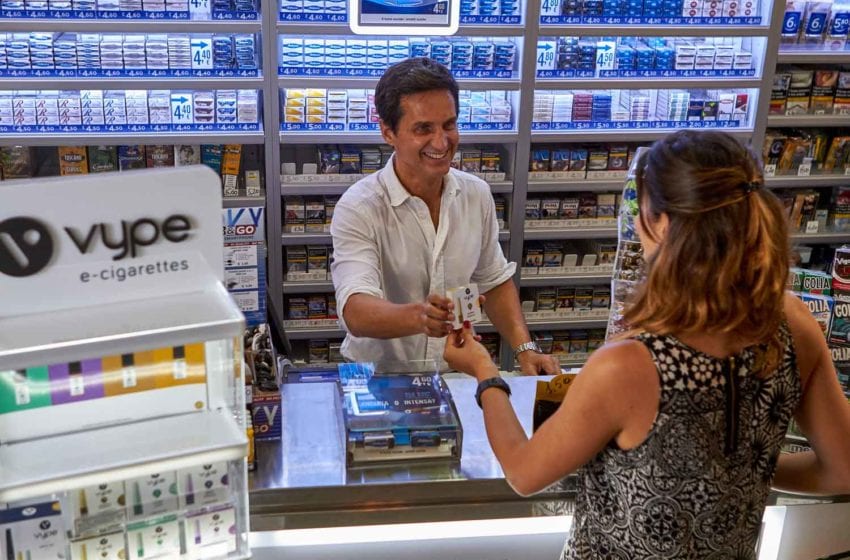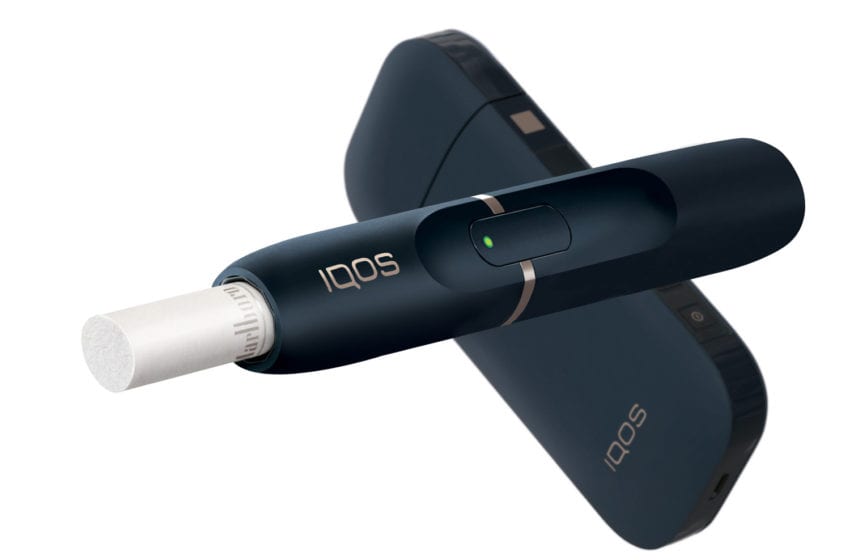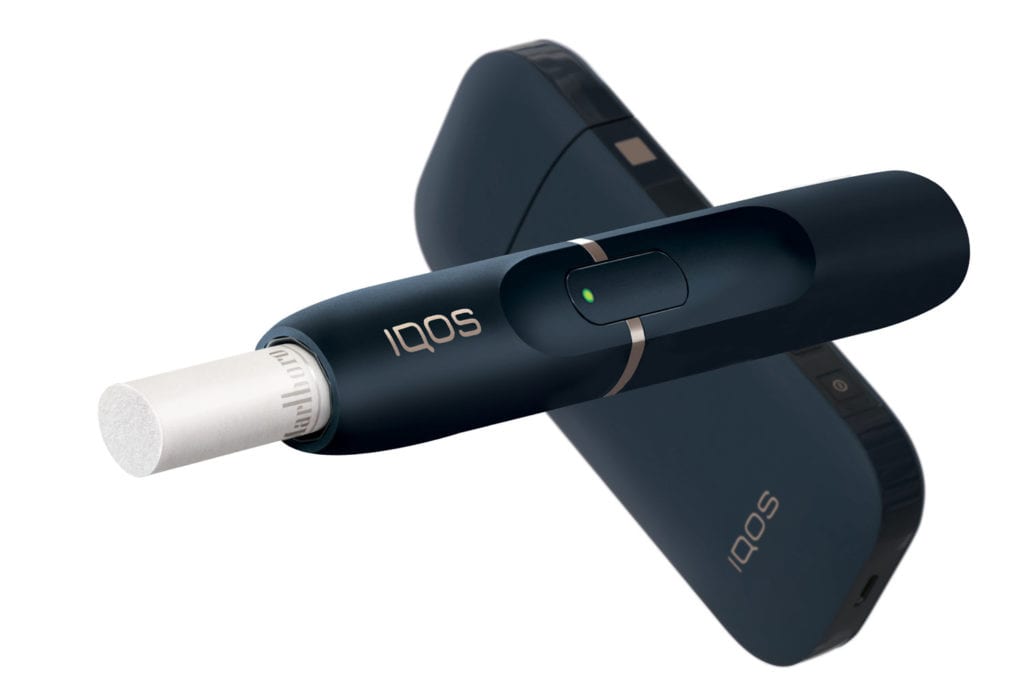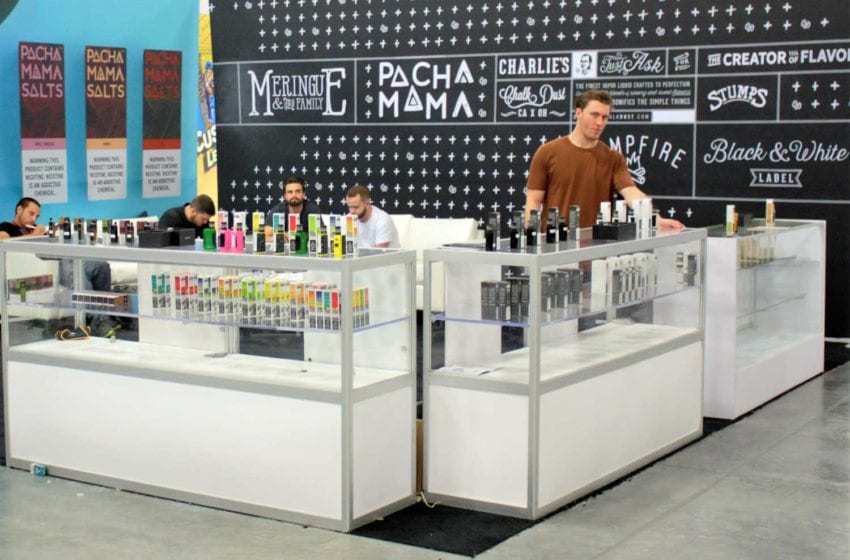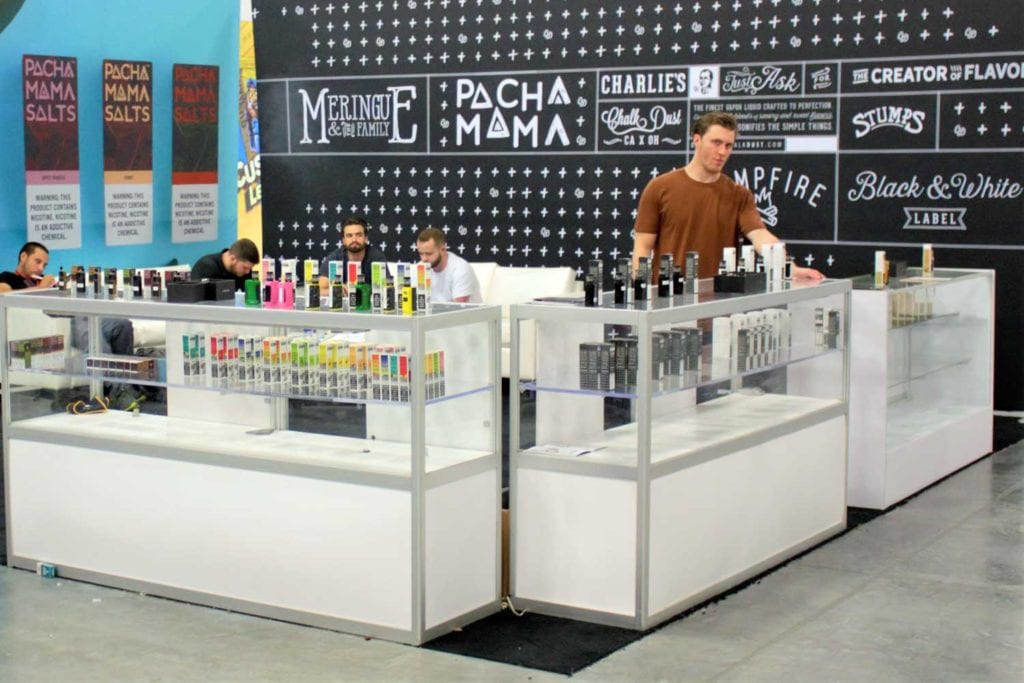
Smoker Friendly (SF) has completed a minority recapitalization and debt restructure with Main Street Capital Corp. Based in the United States, Smoker Friendly continues to be owned and operated by the Gallagher Family and led by the current management team.
Smoker Friendly acquired 33 Smokers’ Outlet (SO) stores in Missouri, 22 Tobacco Road Outlet locations in North Carolina and three Smoker Friendly dealer stores in North Carolina in the last 14 months.
“Having experienced previous acquisitions, the process Smoker Friendly utilized when purchasing SO was by far the best,” said Perry Cheatham, former president, Smokers’ Outlet. “My team was welcomed into the SF family and from day one felt like valued members of the team.”
Smoker Friendly was founded in 1989 by the Gallagher family, who owned Gasamat, and a group of family owned candy and tobacco wholesale distributors in the Rocky Mountain region and Midwest. The Gallagher Family has wholly owned it since 2005.
“This new partnership will allow us to bolt on more businesses to our platform and continue to execute our acquisition strategy,” said Dan Gallagher, COO, Smoker Friendly. “The acquisitions this past year have been seamlessly integrated into the operation and we’ve added many terrific people to our team.”
“Smoker Friendly ensured a smooth transition with their team of specialists during the acquisition,” said Rex Whitaker, former pPresident, Tobacco Road Outlets. “One of my primary concerns was our employees and they offered positions to all who chose to remain, and it was a very smooth transition.”
Smoker Friendly has more than 160 retail stores across seven states that operate as tobacco stores, cigar lounges, liquor stores and fuel outlets. The company also owns a full line private-label tobacco brand that has an additional 700 stores that sell its branded product.
“I look forward to our partnership with Main Street Capital and believe it will be very beneficial to our company and strengthen Smoker Friendly, allowing the company to accelerate and execute acquisitions across the country,” said Smoker Friendly CEO, Terry Gallagher. “The strategic investment by Main Street will continue to fuel our growth and allow us to expand into new markets and grow in existing [ones].”






